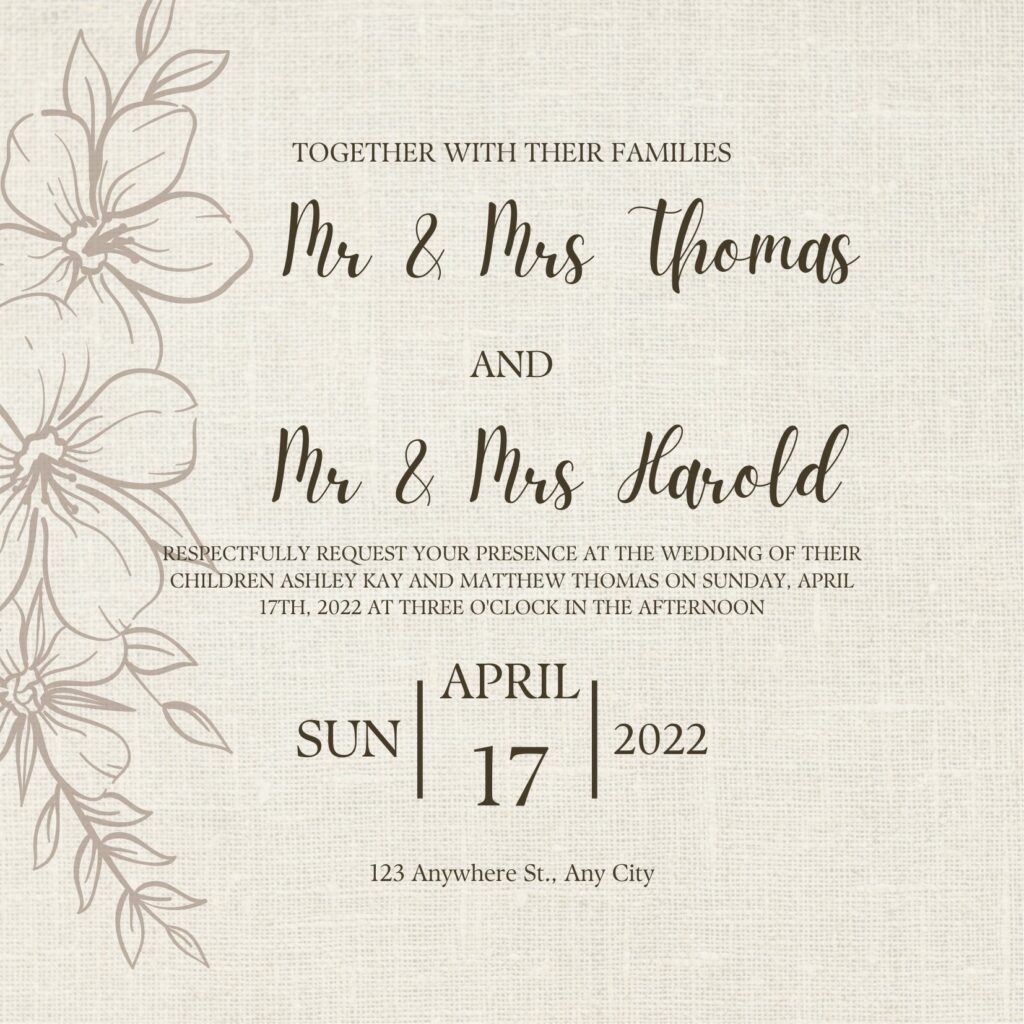You just tied the knot and probably are on the seventh sky – it's your big day! You've got a new partner, a new home, and a new lease on life. It's easy to get caught up in the excitement of the big day and forget about practical things like making sure your new address is updated with the post office and getting a marriage certificate. But if you don't take care of these things, they could cost you time, money, and stress down the road.
See also: A Complete Guide To Preserving Your Wedding Dress
Don't worry—we're here to help and remind you what's most important so that you can get back to taking care of these important steps once your honeymoon is over. Take a look!!

1. Change Your Name
Changing your name after marriage using a Deed Poll isn't mandatory—it's totally up to you. If you do want to take your partner's name, though, there are a few things you need to do.
First, you'll need to update your passport. Even if it doesn't expire for a few years, you'll need to fill out a new application with your married name. You'll also need to change your name on your driver's license, vehicle registration, and titles. If you have professional licenses or memberships, those will also need to be updated. The same goes for any credit cards or bank accounts in your old name.

2. Update Your Address
You'll need to update your address with the post office and ensure your mail gets forwarded to your new home. You should also update your address with the DVLA, your insurance company, and your employer. Any other organisations or companies you work with should also be notified of your new address.

3. Get a Marriage Certificate
A marriage certificate is an important document that you'll need for various legal purposes down the road. You can apply for a copy of your certificate from the General Register Office. It's a good idea to order at least two copies so that you have one for yourself and one to file away in a safe place.

4. Make a Will
Making a will is something that everyone should do, but it's especially important after getting married. If you don't have a will, your partner may not inherit everything you want them to in the event of your death. A will also make things easier for your loved ones by spelling out your wishes regarding your funeral and burial or cremation.


🦋FREE Wedding Planning eBook!
Hundreds of money-saving ideas from wedding experts.
Packed with useful planning ideas and tips, a finance tracker and free checklists.
By downloading, you accept our Downloading Terms of Use and Privacy Policy.
5. Review Your Beneficiaries
You may need to update the beneficiaries on your life insurance policy, retirement accounts, and other assets. If you don't, your ex-spouse could still inherit those assets in the event of your death.

6. Update Your Estate Plan
Updating the estate plan includes updating any powers of attorney, living wills, or trusts. You'll also want to ensure that your spouse is included in your health care directive so they can make decisions for you if you cannot do so yourself.

7. Consider Prenuptial Agreement
You may want to consider updating or creating a prenuptial agreement. If you have assets that will pass through probates, such as real estate or personal property, you may want to ensure that your spouse cannot access those assets without your permission.

Final Word
Getting married is a big step, but don't forget these important steps. By taking care of these steps now, you'll save yourself time, money, and stress down the road. Plus, you can rest assured knowing that you and your spouse are on a solid legal footing. Have any other questions about what to do after getting married? Ask us in the comments!
Image via: Sanantonio weddings / Instagram / i stock








